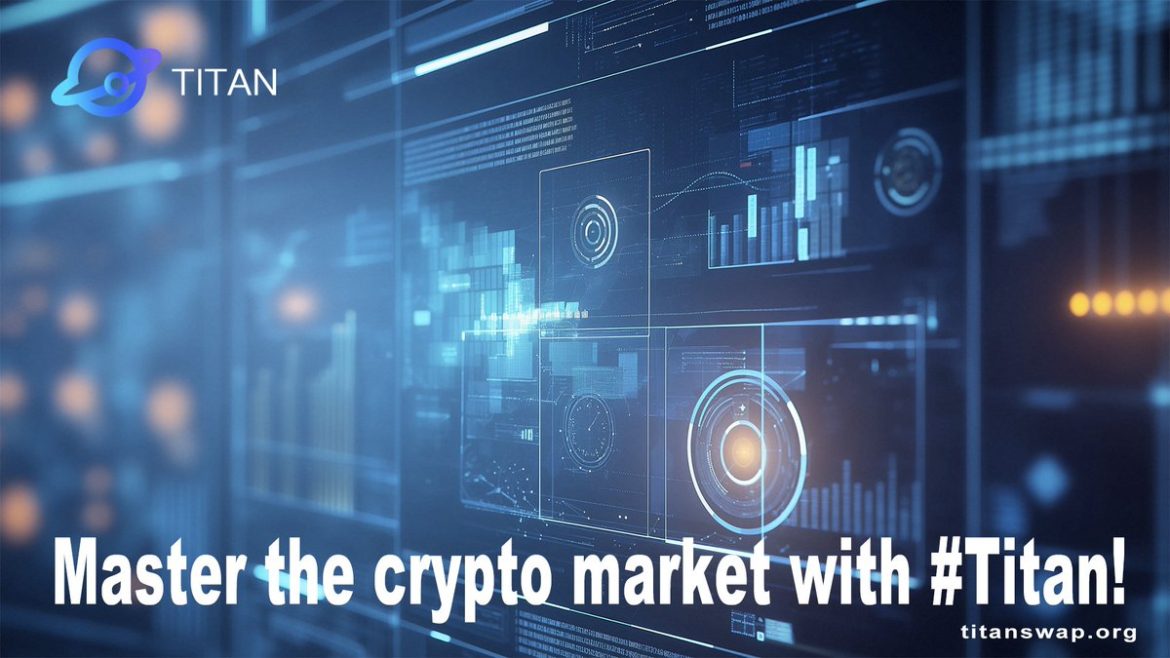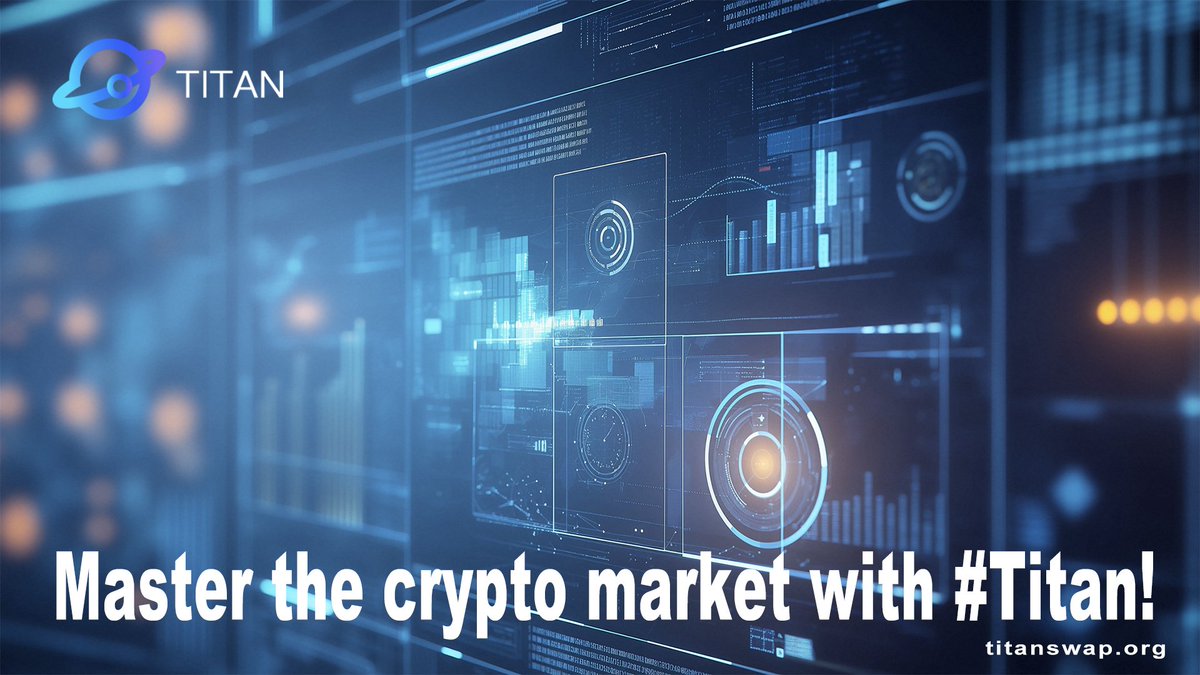—
Unraveling the Impact of AI: Transforming Society and Shaping the Future
The term “Artificial Intelligence” (AI) often conjures images of futuristic robots and sci-fi fantasies. Yet, AI is far from fiction—it’s an evolving technology already woven into the fabric of our daily lives and poised to redefine countless aspects of society. To truly grasp AI’s potential and pitfalls, it’s essential to explore its foundations, current applications, challenges, and future possibilities with clarity and insight.
—
What Exactly Is AI? Breaking Down the Basics
At its core, AI is the creation of machines and software capable of performing tasks that typically require human intelligence. These tasks range from understanding natural language and recognizing images to making decisions and learning from experience. Unlike traditional programming, where explicit instructions direct outcomes, AI systems use algorithms—especially machine learning models—that improve performance based on data exposure.
Imagine teaching a child to recognize cats by showing a variety of images rather than describing every detail. Similarly, AI learns patterns within large datasets to make predictions or classify new information. This hands-off learning approach is what drives the remarkable adaptability of modern AI.
—
The Many Faces of AI in Today’s World
AI manifests across a spectrum from narrow, task-specific systems to broader, more flexible ones. Narrow AI powers everyday technologies like digital assistants (Siri, Alexa), recommendation engines (Netflix, Amazon), and fraud detection in banking. These systems excel at predefined tasks but lack general reasoning abilities.
On a grander scale, there’s ongoing research toward Artificial General Intelligence (AGI)—machines that can understand, learn, and apply knowledge across diverse domains with human-like versatility. While AGI remains conceptual, current AI advancements already influence industries extensively.
Healthcare, for example, leverages AI for diagnosing diseases through image analysis, predicting patient outcomes, and personalizing treatments. In finance, AI algorithms detect market anomalies or optimize investment strategies. Autonomous vehicles, powered by AI, promise transformative shifts in transportation safety and efficiency.
—
AI’s Double-Edged Sword: Opportunities and Risks
The power of AI brings remarkable benefits but also raises significant concerns. On the opportunity side, AI has the potential to increase productivity, automate mundane tasks, and unlock new scientific discoveries by processing vast data far beyond human capacity. It enables personalized education, enhances customer experiences, and supports remote work and accessibility.
However, this progress comes with risks. Bias in AI models, often unintended consequences of skewed training data, can perpetuate discrimination in hiring, law enforcement, or lending. Privacy concerns arise as AI systems analyze ever-growing amounts of personal data. Moreover, automation poses economic challenges, potentially displacing workers in sectors vulnerable to AI-driven efficiency. Ethical dilemmas around decision-making in areas like autonomous weapons or surveillance also demand attention.
Ensuring transparency, fairness, and accountability in AI development is crucial to mitigate these issues. Collaborative frameworks among technologists, policymakers, ethicists, and society are needed to balance innovation with responsibility.
—
How AI Is Reshaping Work and Human Potential
One compelling narrative centers on AI as an enhancer, not just a replacer. By automating repetitive tasks, AI frees humans to focus on creativity, strategy, and interpersonal skills—areas where machines fall short. This synergy could redefine jobs rather than eliminate them outright.
Consider radiologists who use AI to flag potential anomalies in scans more quickly, enabling earlier diagnoses while emphasizing their expert judgment. Or marketers who harness AI analytics to target campaigns dynamically but rely on intuition about brand narratives.
To thrive alongside AI, workers must cultivate adaptability, continuous learning, and digital literacy. Education systems worldwide are beginning to embed AI awareness and related skills into curricula, preparing future generations for this transformed job landscape.
—
The Road Ahead: AI’s Transformative Potential and Ethical Imperatives
Looking forward, AI is likely to permeate every sector, from climate modeling that informs resource management to personalized medicine designed at the molecular level. The fusion of AI with other emerging technologies—quantum computing, biotechnology, and augmented reality—may unlock unprecedented capabilities.
Yet, this transformative power mandates cautious stewardship. Clear regulations and ethical standards must evolve in step with technological advances to prevent misuse or unintended harm. Global cooperation is essential because AI’s impacts are inherently transnational, affecting societies differently but interconnectedly.
Furthermore, democratizing access to AI technology can help bridge digital divides rather than widen inequality gaps. Open-source initiatives and inclusive policymaking create avenues for diverse voices to shape AI’s trajectory and benefits.
—
Reflecting on AI’s Promise and Responsibility
AI stands at an inflection point, offering humanity tools to solve complex challenges but also posing questions that test our values and foresight. Its success will depend not only on technological sophistication but how thoughtfully we integrate it into our social, economic, and ethical frameworks.
Mastering AI means mastering balance: between innovation and caution, automation and empathy, power and inclusion. As we collectively embrace this evolving force, continuous dialogue and critical reflection will shape a future where AI uplifts rather than undermines human dignity and potential.
—
If you want to explore particular aspects of AI—from its technical workings to its social impact—I’m here to dive deeper. What intrigues you most about this fascinating field?
—
References





